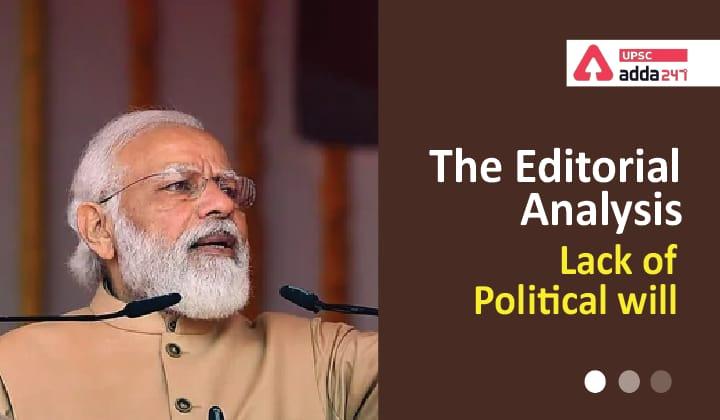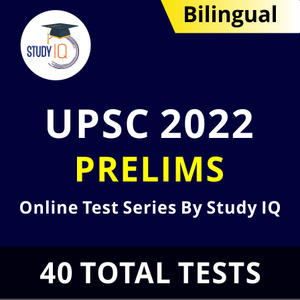Table of Contents
Lack of Political Will- Relevance for UPSC Blog
- GS Paper 2: International Relations- Bilateral, regional and global groupings and agreements involving India and/or affecting India’s interests.
India-Sri Lanka Fisherman Conflict: Context
- Recently, the fishermen conflict between India and Sri Lanka has flared up again with the arrest of 68 Indian fishermen from Tamil Nadu by the Sri Lankan authorities.
- Palk Bay, an important marine zone between south-eastern India and northern Sri Lanka, has been a source of dispute for long.
Commission for Air Quality Management in NCR and Adjoining Areas
India-Sri Lanka Fisherman Conflict- Background
- The genesis of the dispute can be traced to the October 1921 negotiations between representatives of the Governments of Madras and Ceylon.
- The negotiation started on the need for the delimitation of the Palk Strait and the Gulf of Mannar.
- It was in the mid-1970s that two agreements were signed by India and Sri Lanka, under which the International Maritime Boundary Line (IMBL) came into being.
- The IMBL made Katchatheevu a part of Sri Lanka, even though the islet, was once an area under the zamindari of the Raja of Ramanathapuram.
- Contrary to the expectations that the agreements gave way to new problems, including the recurring incidents of Tamil Nadu fishermen crossing the IMBL and getting caught by the Sri Lankan authorities.
The Editorial Analysis: The gaps in the plan to tackle plastic waste
Lack of Political Will- Associated Issues
- Loss of Lives: On many occasions, several fishermen lost their lives.
- This year, five fishermen died in collisions between their fishing boats and vessels of the Sri Lankan authorities.
- Asymmetric nature of fishing practices: While Tamil Nadu’s fishing community uses mechanized bottom trawlers, its counterpart uses conventional forms of fishing, as trawling is banned in Sri Lanka.
- Good Fishery Resources: fishermen of Tamil Nadu continue to cross the IMBL, as the Sri Lankan side of the Bay is considered to have more fishery resources than the Indian side.
The Editorial Analysis-Drawing a Line
Lack of Political Will- Step taken by India
- Restricting Bottom Trawling: Many attempts are on to wean away from the fishermen of Tamil Nadu from bottom trawling.
- Deep-Sea Fishing Project: It was launched in July 2017, has not yielded the desired results.
- Relaxation of norms of the project is under the consideration of the Union Government, to draw a greater response from the fishermen.
The Editorial Analysis- Thinking before Linking
Lack of Political Will- Way Forward
- Promoting Deep Sea Fishing: Government should continuously promote Deep Sea Fishing as it takes a longer duration and has a higher recurring cost per voyage than what the fishing community experiences currently.
- Promoting Strategies for Sustainable Fishing: Experts say various strategies, including the promotion of seaweed cultivation, open sea cage cultivation, seaweed cultivation and processing, and sea/ocean ranching should be adopted.
- Promoting the formation of Fish Farmer Producer Organizations: The fishing community should be encouraged to form fish farmer producer organizations.
- Forming Fish Farmer Producer Organizations may take to sustainable fishing practices.




 TSPSC Group 1 Question Paper 2024, Downl...
TSPSC Group 1 Question Paper 2024, Downl...
 TSPSC Group 1 Answer key 2024 Out, Downl...
TSPSC Group 1 Answer key 2024 Out, Downl...
 UPSC Prelims 2024 Question Paper, Downlo...
UPSC Prelims 2024 Question Paper, Downlo...
